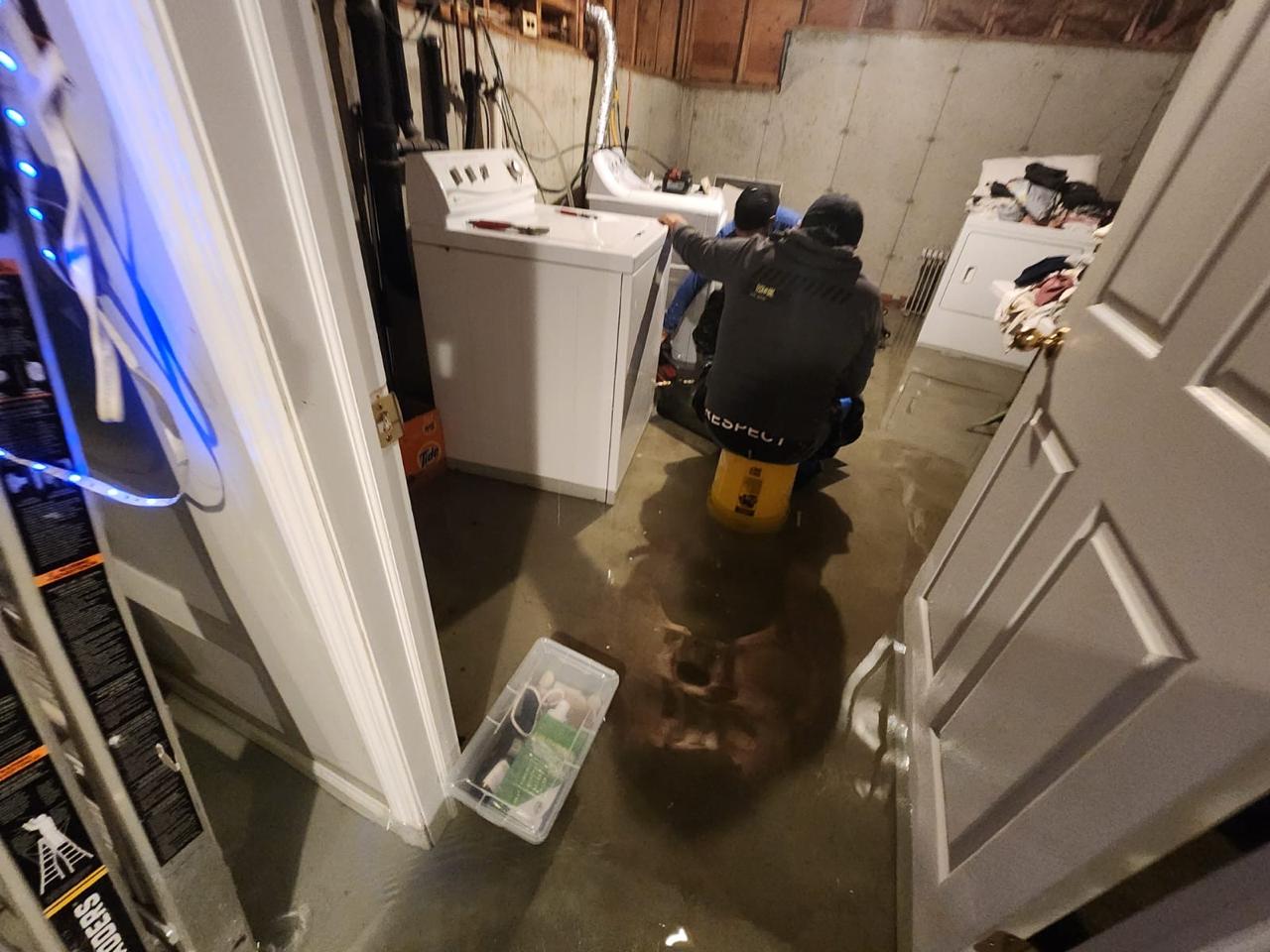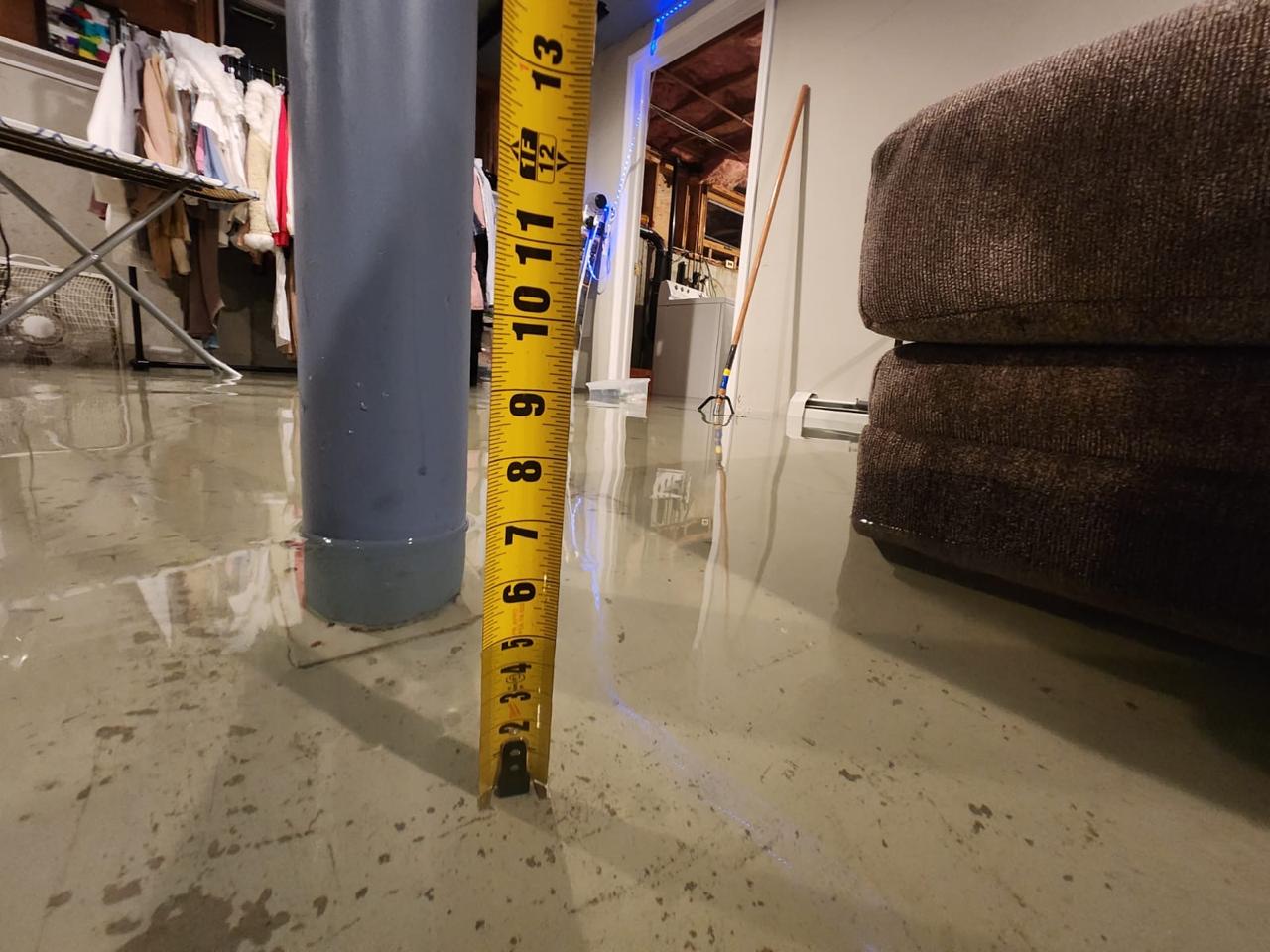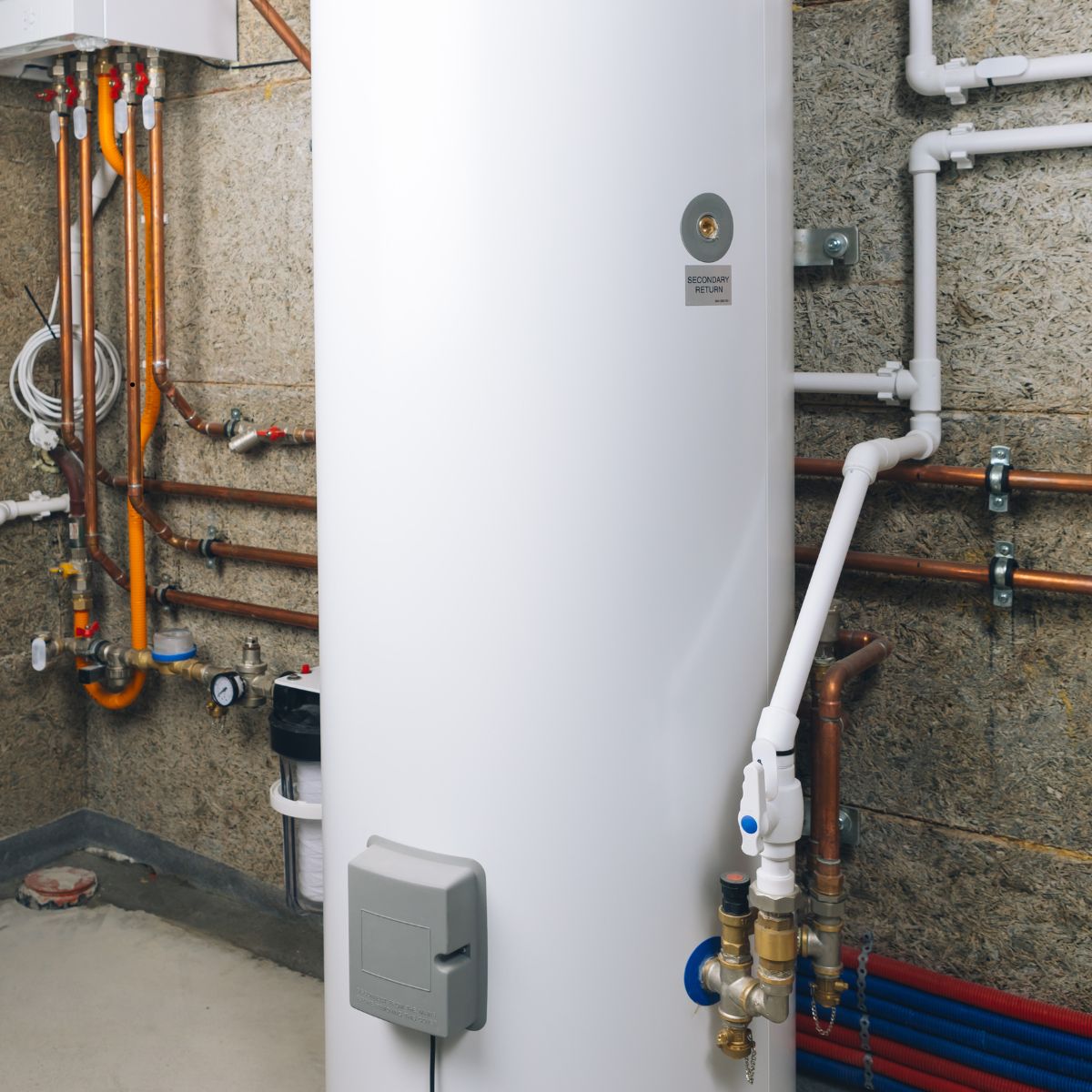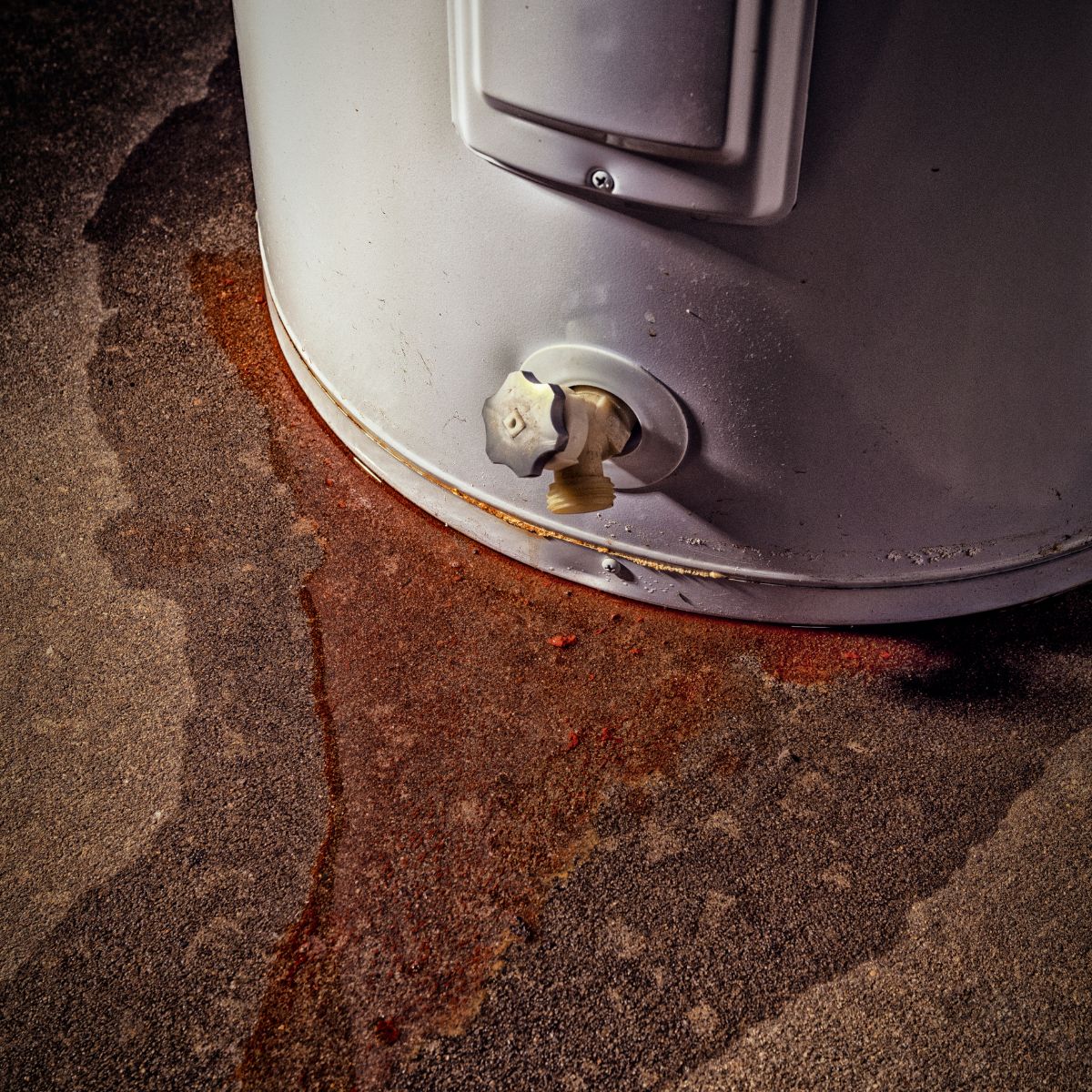RESTORATION FOR WATER HEATER DAMAGE IN HASTINGS ON HUDSON, NY
OUR WATER HEATER DAMAGE RESTORATION PROCESS
Immediate Response and Inspection
The restoration team responds quickly to assess the water heater leak and the extent of the water damage. We identify the source of the leak, whether it’s from a burst water heater tank, faulty connections, or valve failure. A detailed inspection is conducted to determine the areas affected, including floors, walls, and adjacent rooms.
Shutting Off the Water and Power
To prevent further leakage and ensure safety, the water supply to the heater is shut off, and the power to the unit (whether electric or gas) is disconnected. This step is crucial to stopping the flow of water and eliminating any electrical or gas hazards.
Water Extraction
Using industrial pumps and vacuums, the restoration team begins the water extraction process. We remove standing water from the affected areas, including around the water heater, in nearby rooms, and any areas where the water has spread. Quick extraction minimizes further damage to flooring, walls, and belongings.
Drying and Dehumidification
After the water is removed, the affected areas are dried using high-powered fans and dehumidifiers. The team uses moisture meters and infrared cameras to detect any hidden moisture in walls, floors, or behind cabinets. This step is critical to preventing mold growth and structural damage.
Removal of Water-Damaged Materials
Water-damaged materials, such as soaked drywall, insulation, flooring, or carpet, are removed to prevent mold growth and structural degradation. The team carefully removes any compromised materials while documenting the damage for insurance purposes.
Mold Prevention and Treatment
The damp environment caused by the water heater leak can lead to mold growth if not treated properly. The team applies antimicrobial treatments to prevent mold from forming. If any mold is found during the inspection, a thorough remediation process is conducted to eliminate it.
Plumbing Repair or Water Heater Replacement
The water heater itself may need to be repaired or replaced, depending on the cause and severity of the leak. A licensed plumber inspects the unit and connections, making necessary repairs to stop the leak. If the water heater is beyond repair, a new unit is installed to restore the property’s water heating system.
Structural Repairs
After drying is complete and any damaged materials are removed, the restoration team begins repairing the structure. This may include replacing drywall, flooring, or insulation that was damaged by the leak. The goal is to restore the home to its pre-damage condition, ensuring structural integrity.
Cleaning and Sanitization
The affected areas are thoroughly cleaned and sanitized to remove any bacteria or contaminants introduced by the leak. This step ensures a safe, hygienic environment for the homeowners, especially in areas like basements, bathrooms, or kitchens.
Final Inspection & Monitoring
A final inspection is conducted to ensure the area is fully dry, mold-free, and all repairs have been properly completed. Moisture levels are monitored to confirm that there are no lingering issues, and the property is safe for occupancy.
Insurance Documentation and Support
Throughout the process, the restoration team provides detailed documentation, including photos, reports, and cost estimates, to assist with the insurance claims process. This helps the homeowner receive proper compensation for the water heater leak damage and restoration work.
COMMON CAUSES OF WATER HEATER DAMAGE
Corrosion
Water heaters can corrode from the inside out due to constant exposure to water and minerals. Corrosion often leads to leaks and, eventually, total failure.
Sediment Buildup
Sediment from hard water can accumulate at the bottom of the tank, reducing efficiency and causing the tank to overheat and fail.
High Water Pressure
Excessive water pressure can strain the water heater and its components, increasing the risk of leaks.
Poor Installation
Incorrect installation can lead to various issues, including leaks, inefficient operation, and premature failure.
Lack of Maintenance
Regular maintenance, such as flushing the tank to remove sediment and inspecting the anode rod, is essential for the longevity of a water heater. Neglecting these tasks can lead to significant problems.
Age, Wear and Tear
Over time, water heaters naturally degrade. The average lifespan of a water heater is about 8-12 years. Older units are more prone to leaks and failures.
Signs of Water Heater Damage
Water heater leaks or failures can cause significant water damage to your property, leading to costly repairs and potential health hazards if not addressed promptly. At Perfect Restoration, we specialize in mitigating and restoring damage caused by water heater malfunctions, ensuring your home or business is quickly returned to its pre-damage condition.
WHAT OUR CUSTOMERS SAY ABOUT US
We Work With Major Insurance Companies Including:




















FREE QUOTE
Do you need help with damage clean up and/or restoration? Fill out this form to get in touch.
OFFICE LINE
1.800.555.6789
EMERGENCY
1.800.555.0000
WORKING HOURS





